Nutrition
Proteins
Proteins: Proteins are large, complex molecules that play many critical roles in the body. They do most of the work in cells and are required for the structure, function, and regulation of the body's tissues and organs. There are 20 different types of amino acids that can be combined to make a protein.
Diary: Diary products carry mostly proteins which is abundant in the products. Examples of dairy products are milk and any of the foods made from milk, including butter, cheese, ice cream, yogurt, and condensed and dried milk.

Meats: Any source of meat contains high amounts of protein. Meat is high quality source of protein. Meat also provides more protein per serving which is 25 grams per 3 ounces, There are multiple types of meat including Red Meat – Beef, Goat, Lamb.
Poultry – Chicken and Turkey. Pork – Pig's meat.
Seafood –Fish, Crab, Lobster.

teenage boys need about 52 grams of protein per day, while teenage girls need about 46 grams per day.
Fats
Fats are nutrients that give you energy. Fats have 9 calories in each gram. Fats help in the absorption of fat-soluble vitamins A, D, E, and K. Fats are either saturated or unsaturated, and most foods with fat have both types. But usually there is more of one kind of fat than the other. This helps determines whether or not the food is a healthy type of fat.
Some examples of fats
Trans fat: (tranz fat) A type of fat that has certain chemical properties and is usually found in processed foods such as baked goods, snack foods, fried foods, shortening, margarine, and certain vegetable oils. Eating trans fat increases blood cholesterol levels and the risk of heart disease. These types of fats are considered unhealthy.
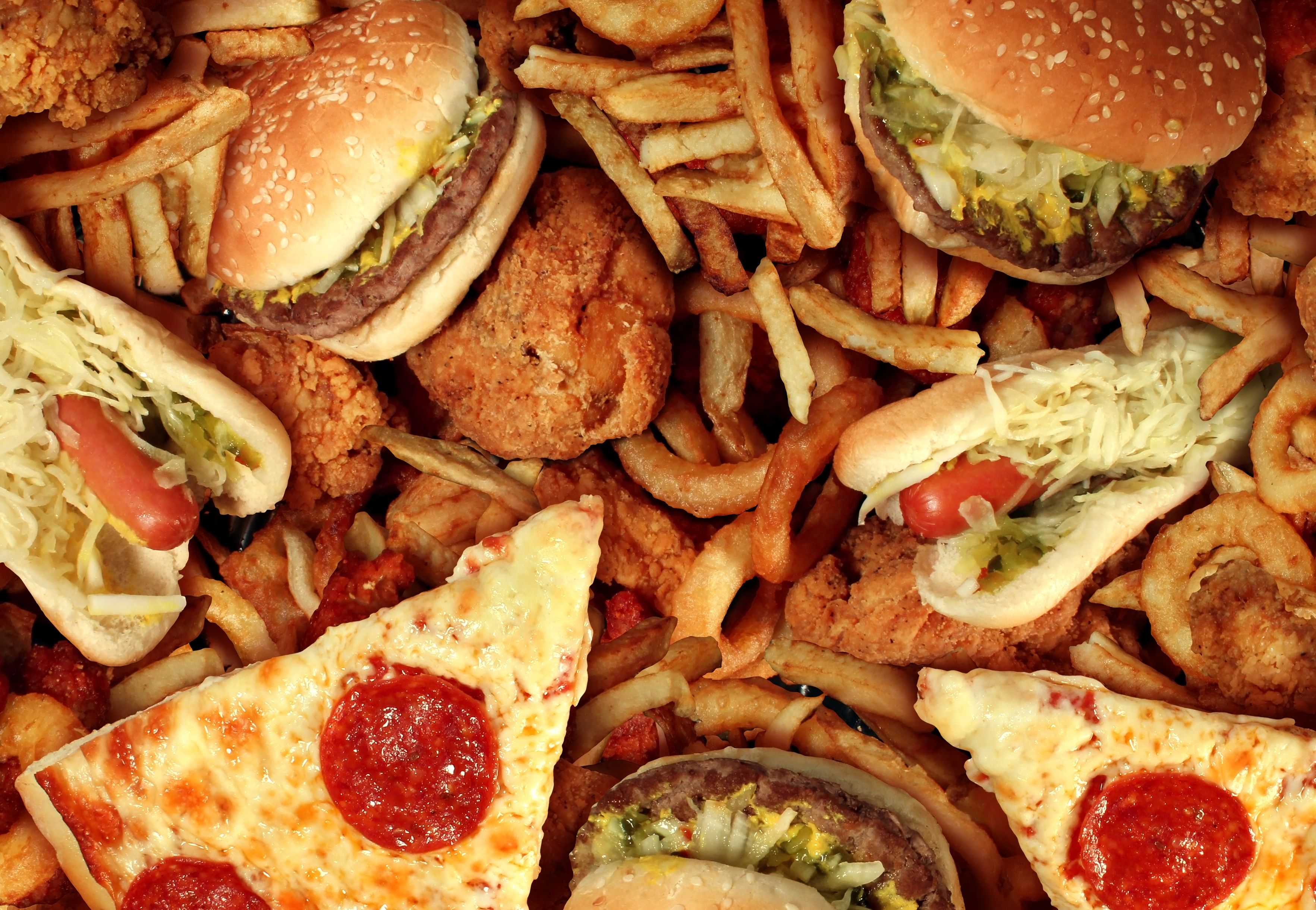
Saturated Fats: A type of single-bond animal or vegetable fat, as that found in butter, meat, egg yolks, and coconut or palm oil, that in humans tends to increase cholesterol levels in the blood. These fats are unhealthy even though they are not chemically engineered.

Unsaturated Fats: A type of fat containing a high proportion of fatty acid molecules with at least one double bond, considered to be healthier in the diet than saturated fat.
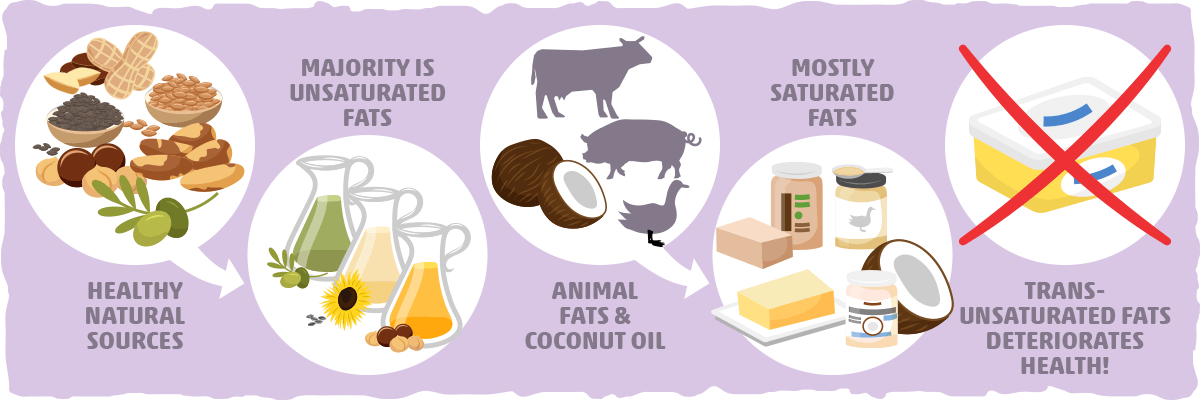
Calories
Adults and Youths in Canada need an average of 2,000 calories everyday. Kids under the age of 12 need to consume 1,500 calories.
Calories is a unit of energy. Calories are found in almost all foods and drinks that a human can consume. Calories are required as a basic need for humans as it allows the body to perform basic and complex functions
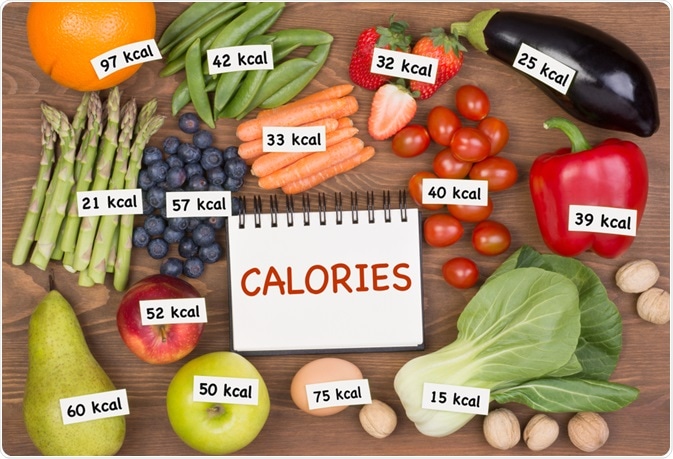
Minerals
Minerals are those elements on the earth and in foods that our bodies need to develop and function normally. Those essential for health include calcium, phosphorus, potassium, sodium, chloride, magnesium, iron, zinc, iodine, chromium, copper, fluoride, molybdenum, manganese, and selenium. Minerals essential to health include calcium, phosphorus, potassium, sodium, chloride, magnesium, iron, zinc, iodine, chromium, copper, fluoride, molybdenum, manganese, and selenium.
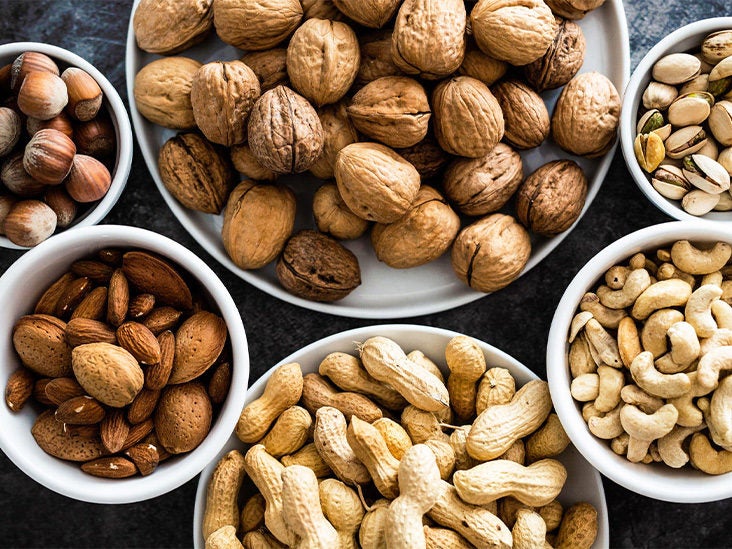
Foods that contain minderals.
Nuts and seeds. Nuts and seeds are packed with an array of minerals but particularly rich in magnesium, zinc, manganese, copper, selenium, and phosphorus ( 3 ). ...
Shellfish. ...
Cruciferous vegetables. ...
Organ meats. ...
Eggs. ...
Beans. ...
Cocoa. ...
Avocados.
Vitamins
Vitamins: Any of a group of organic compounds which are essential for normal growth and nutrition and are required in small quantities in the diet because they cannot be synthesized by the body. Vitamins are necessary for a balanced diet.
These are primary foods that have strong amounts of vitamins : Broccoli, cauliflower, and Brussels sprouts.
Leafy greens, such as chard, cabbage, romaine, and bok choy.
Dark, leafy greens, such as spinach and kale.
Squash, carrots, sweet potatoes, turnips, and pumpkin.
Snap peas, green beans, bell peppers, and asparagus
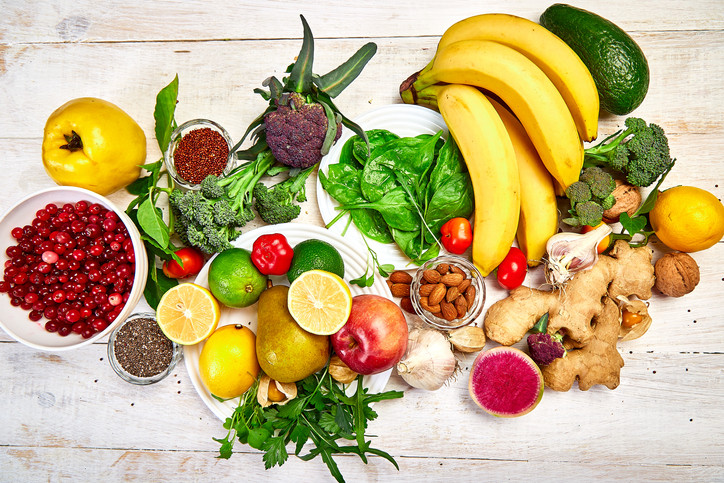
Water
Water is a basic Human need. It is a biological need for all organisms on the planet. Water is used by the human body for chemical reactions which the body uses to function. Without water, the body will not operate resulting in death. Water is a becoming more and more scarce for many people in the world.

Macronutrients
a type of food (e.g. fat, protein, carbohydrate) These nutrients that the body consumes has to be in large quantities. Macronutrients are mainly needed for the body's well being.
Carbohydrates
Subtopic
Carbohydrates are found in a wide array of both healthy and unhealthy foods—bread, beans, milk, popcorn, potatoes, cookies, spaghetti, soft drinks, corn, and cherry pie. They also come in a variety of forms. The most common and abundant forms are sugars, fibers, and starches. Some more food examples include Grains. Low in protein and fat, grains are nearly all carb – specifically, starch. Fruit. Most fruit is low in starch, but high in sugar and total carbs. Starchy Vegetables. Legumes (Beans, Peas, Lentils) Sugar and Sugar-Sweetened Foods and Beverages. Mixed High-Carb Foods. Meat, Poultry, and Seafood.
Healthy Carbohydrates foods.
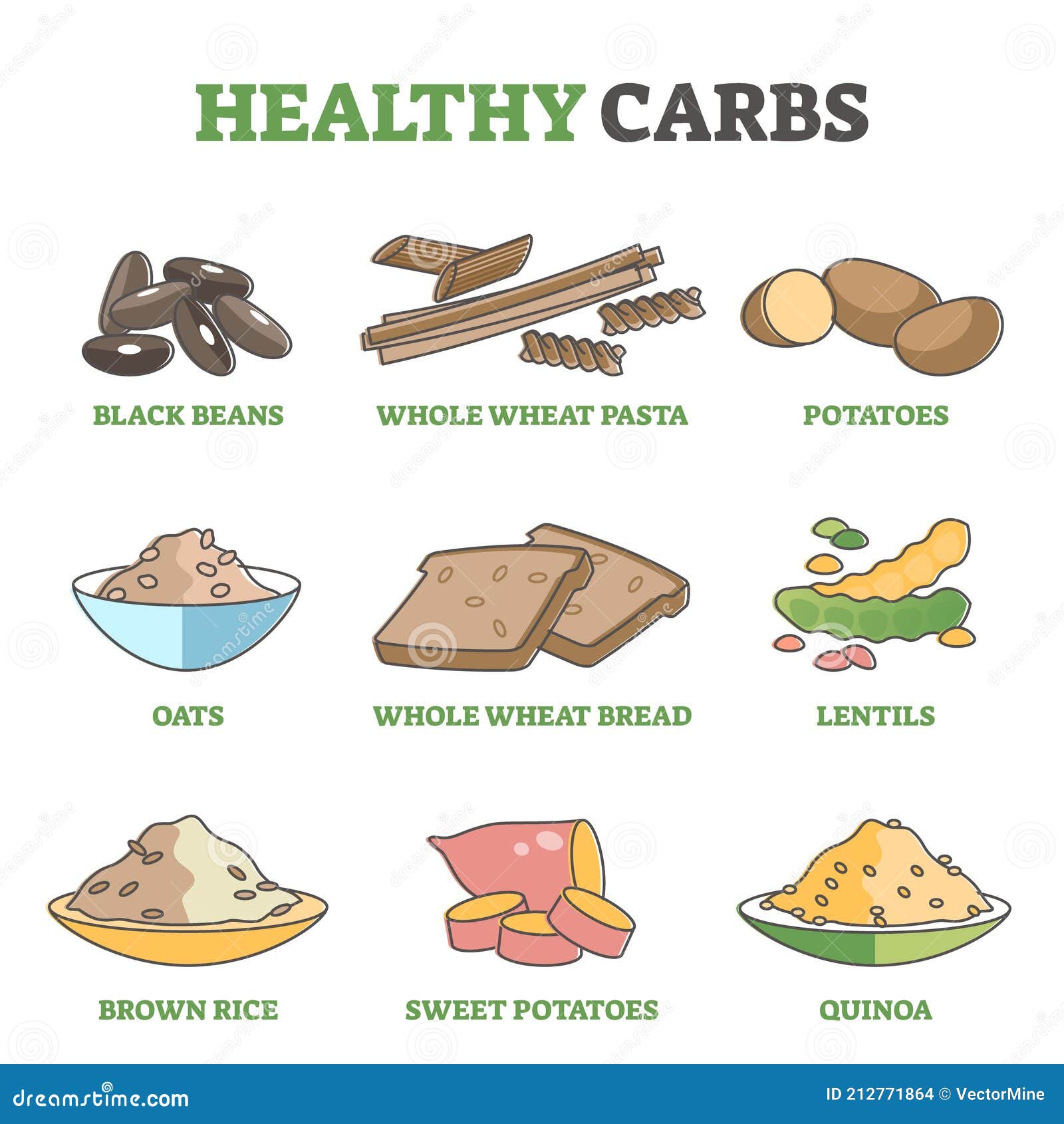
Unhealthy Carbohydrates

Carbohydrates: Any of a large group of organic compounds occurring in foods and living tissues and including sugars, starch, and cellulose. They contain hydrogen and oxygen in the same ratio as water (2:1) and typically can be broken down to release energy in the animal body. Always remember that your body always prefers to break down Carbohydrates first rather then any other macronutrient.
Types of carbohyrates
Starches. They are complex carbohydrates, which are made of lots of simple sugars strung together. ...
Sugars. They are also called simple carbohydrates because they are in the most basic form.
Fiber. It is also a complex carbohydrate.
Fiber cannot be digested by the body as it doesn't know what to do with it. It is however great for cleaning cholesterol in the body.
Diabetes Canada suggests that carbohydrates should make up 40 to 60% of your energy intake.
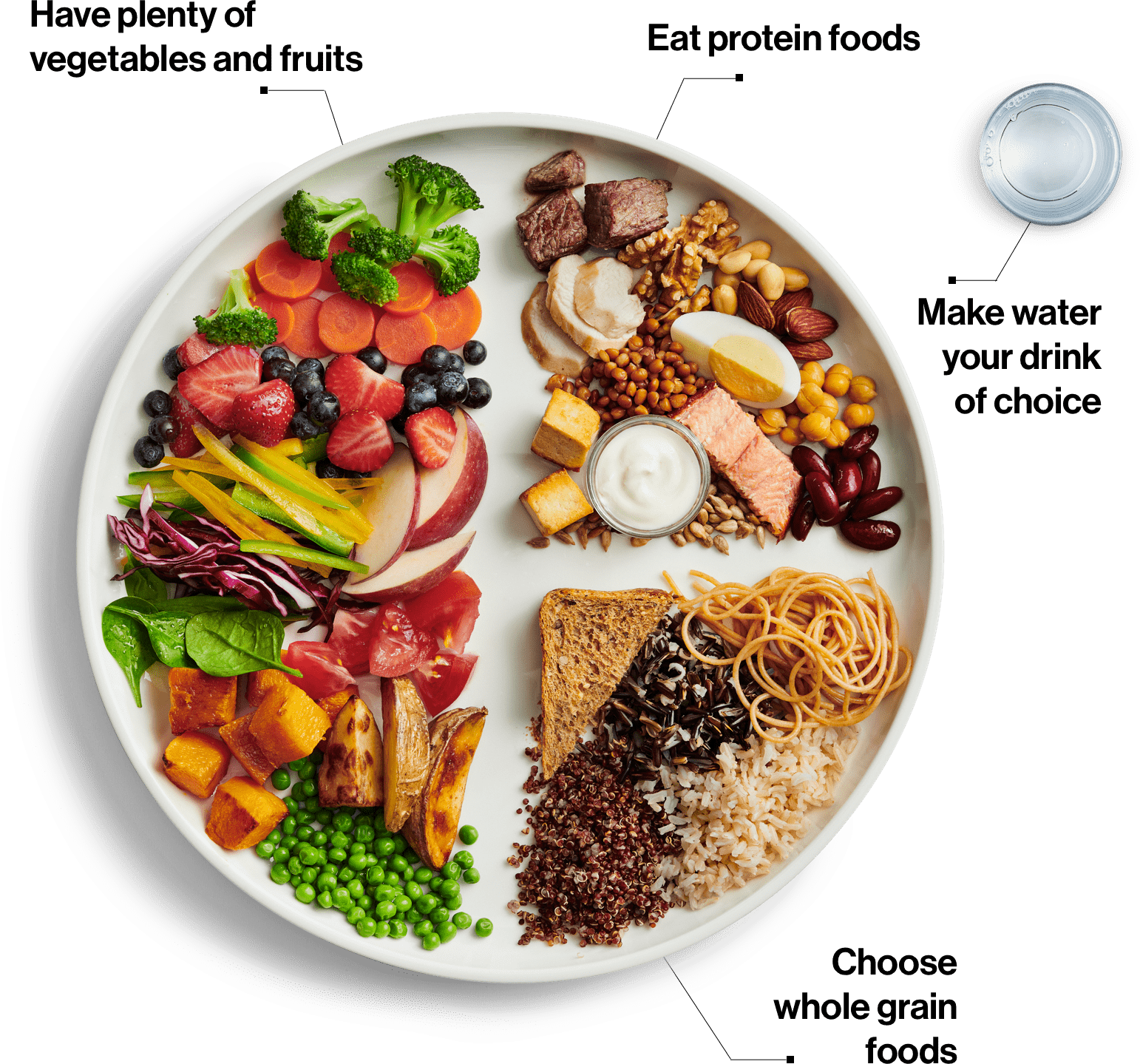
Canadas food guide
Metabolism:
The chemical processes that occur within a living organism in order to maintain life. A person can have fast or slow metabolism depending on who they are.
Micronutrients:
Micronutrients: A chemical element or substance required in trace amounts for the normal growth and development of living organisms.
